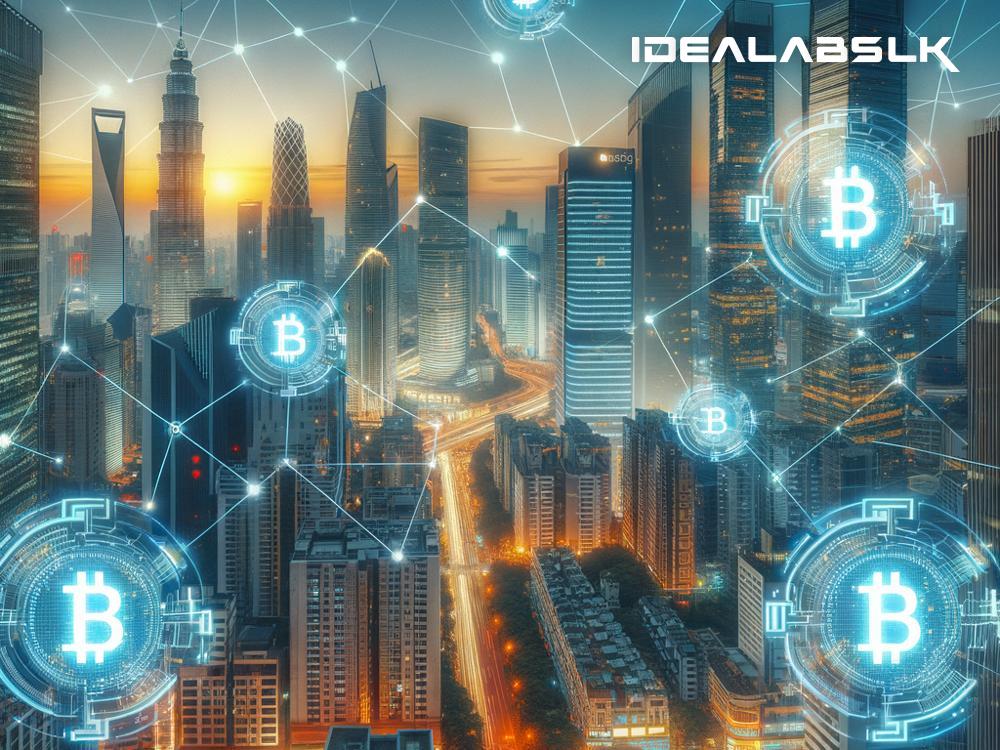How Blockchain Is Revolutionizing Real Estate Investment
In the world of investment, real estate has always been a solid choice – it's tangible, often appreciates over time, and can provide a steady income through rent. However, diving into real estate investment can be daunting due to costs, access to information, and lengthy processes. But imagine if these barriers were lowered or removed altogether. That’s where blockchain technology comes into play, redefining how we can invest in real estate today.
Understanding Blockchain
Before we delve into its impact on real estate, let's simplify blockchain. Imagine a digital ledger that is completely open and shared among various users. This ledger records transactions in a secure, transparent, and immutable way, meaning once something is recorded, it cannot be altered or deleted. This technology is most famously used in cryptocurrency systems, like Bitcoin.
Breaking Down the Walls
One of the most significant barriers to real estate investment is the high entry cost. It's not just about buying property; there are taxes, maintenance, and a host of other costs. Blockchain technology introduces the concept of tokenization, which could very well be the sledgehammer to these barriers.
Tokenization is the process of converting rights to an asset into a digital token on the blockchain. Imagine owning a "piece" of a property much like you would own shares in a company. This means you could invest in real estate with significantly less money, opening the doors for more people to enter the market.
Speed and Efficiency
The traditional process of buying or selling real estate is nothing short of a marathon. There are endless documents, intermediaries, and the ever-looming risk of fraud. Blockchain could transform this into a sprint.
Smart contracts, self-executing contracts with the agreement directly written into lines of code, could automate these processes. They ensure that once conditions are met, actions, like transferring ownership, are executed immediately without the need for intermediaries. This not only speeds up transactions but also reduces costs and the potential for mistakes.
Transparency and Trust
The real estate market has its share of opacity, where access to comprehensive and accurate data can be gatekept. Blockchain provides a level of transparency previously unimagined. Every transaction recorded on a blockchain is accessible to all users, making the history of a property completely transparent.
This transparency builds trust. Buyers and sellers have a clear view of the property's history, value, and ownership, reducing the risk of fraud. It also ensures that property records are accurate and up-to-date, something that traditional systems have struggled with due to human error or deliberate falsification.
Global Reach
Real estate investment has traditionally been a local or at most, a national endeavor for most people. However, blockchain and tokenization break down geographical barriers. You could be sitting in your living room in Tokyo and purchase a tokenized share of a property in New York. This global access enriches the market, diversifies investment portfolios, and potentially stabilizes markets by spreading risk.
Challenges and Considerations
It's not all smooth sailing, though. Regulatory compliance is a complex issue, especially in a market as regulated as real estate. How governments and regulatory bodies adapt to and integrate blockchain technology is yet to be fully seen.
Privacy is another concern. While transactions are secure, the transparent nature of blockchain means there's a lot of public data. Balancing transparency with privacy rights will be a delicate task.
Finally, the technology is still relatively new and requires a significant shift in how the real estate market operates. Adoption will take time, education, and adjustments.
The Way Forward
The potential of blockchain to redefine real estate investment is immense but realizing it will require collaboration between technologists, regulators, and the market players. What's clear, however, is the direction of travel. Blockchain is setting the stage for a more accessible, transparent, and efficient real estate market.
As we stand on the brink of this transformation, one thing is for sure: the world of real estate investment is about to get a lot more interesting. Whether you're a seasoned investor or a curious newbie, the blockchain revolution in real estate is something to watch closely.

